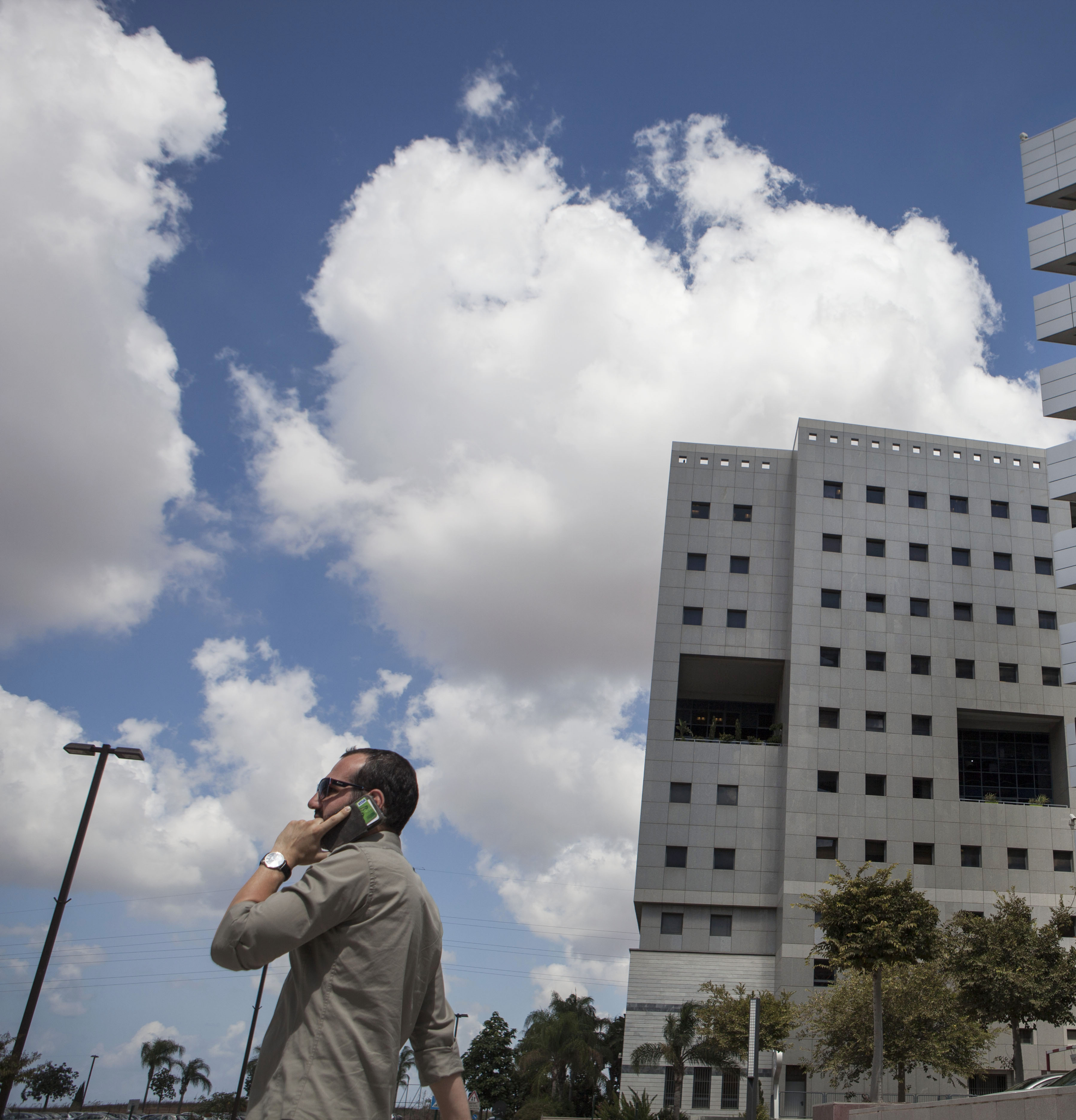
Beyond ‘Star Trek’: Your unique voice serves as a fingerprint and signature
Businesses and governments around the world increasingly are turning to voice biometrics, or voiceprints, to pay pensions, collect taxes, track criminals and replace passwords. A California company gives consumers and businesses the option of attaching “vocal signatures” to documents by speaking into the receiver following a telephone prompt; that technology helped cut down on paperwork and increased closure rates for health insurance contracts. An Israeli company is using voice biometrics to secure everything from apartment complexes to airports.
There’s a misconception that the technology we have today is only in the domain of the intelligence services, or the domain of ‘Star Trek.’ The technology is here today, well-proven and commonly available.
Paul Burmester, of London-based ValidSoft, a voice biometric vendor
Vendors say the timbre of a person’s voice is unique in a way similar to the loops and whorls at the tips of someone’s fingers. The technology measures the characteristics of a person’s speech as air is expelled from the lungs, across the vocal folds of the larynx, up the pharynx, over the tongue, and out through the lips, nose, and teeth. Typical speaker recognition software compares those characteristics with data held on a server. If two voiceprints are similar enough, the system declares them a match. Of course, with the new technology comes fears that it could—and most likely will, eventually—be used to monitor civilians (it’s already being used by parole boards in the United States, and tax collectors in New Zealand).
It’s more mass surveillance. The next thing you know, that will be given to border guards, and you’ll need to speak into a microphone when you get back from vacation.
Sadhbh McCarthy, Irish privacy researcher

Business new tech